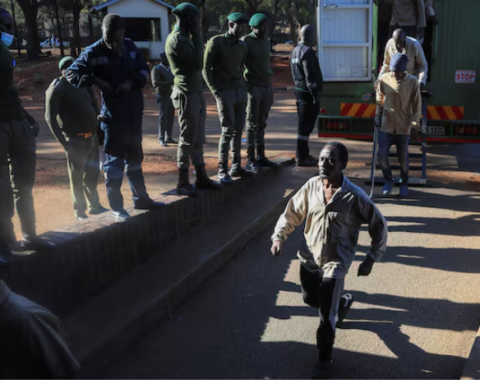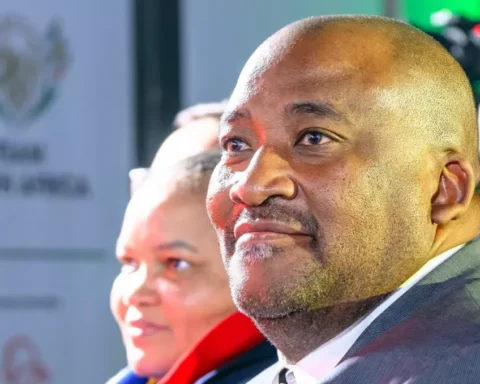The capital Harare has been inundated by the outbreak, with more than 3,000 cases reported. NGOs have accused the government of spending state cash on luxury items instead of providing basic healthcare.
The latest cholera epidemic in Zimbabwe has claimed the lives of 28 people, state media confirmed on Sunday.
The outbreak was first detected earlier this month in a township outside the capital of Harare and has prompted the government to declare a state of emergency. At least 3,000 cholera cases have been reported in the city, where 2 million people reside.
“Although I cannot say we have contained the disease as of yet, we are moving swiftly in all provinces of the country,” health minister Obadiah Moyo told the state-owned Sunday Mail.
Drug resistant
Moyo said the strain of the disease was found to be resistant to several drugs, meaning new antibiotics had to be approved to tackle the outbreak. The government planned to remove accumulated trash from high-risk areas in Harare, repair sewer pipes and bar street food vendors from operating in an effort to contain the infectious disease.
Authorities also banned public gatherings in the city as a precautionary measure, which forced the opposition MDC party to call off a major rally it had planned on Saturday.
International NGOs involved
The World Health Organization (WHO) announced earlier this week that it was expanding its operation in Zimbabwe to help the government combat the outbreak.
In a statement, the organization said its goal was to strengthen the coordination of the response and mobilize national and international health experts to form “a cholera surge team.”
“WHO is providing cholera kits which contain oral rehydration solution, intravenous fluids and antibiotics to cholera treatment centers,” the statement read.
Government faces criticism
Finance Minister Mthuli Ncube sparked public outrage last week when he launched a crowdfunding effort online by appealing for donations to fight the outbreak.
The move was criticized due to reports that the government was spending money on new vehicles for Cabinet members.
Several local NGOs have gone as far as blaming the government for the deaths. “It is alarming and quite unusual for such a medieval and preventable disease to continue to claim such valuable lives in this day and age,” said the Civil Society Health Emergency Response Coordinating Committee in a statement.
The Committee said the government’s “failure to guarantee the right to health” was a serious violation of both local and international law.
‘Blame game’
But health minister Moyo dismissed the criticism against his government, saying this was not the time “for a blame game.”
Cholera is an acute waterborne diarrheal disease that can kill within hours, if the infected person is not treated. The disease can be prevented through safe access to water and sanitation.
Outbreaks of cholera in cash-strapped Zimbabwe are common, as authorities have struggled to provide potable water and sanitation facilities. In 2008, a total of 4,000 people died and at least 100,000 people fell ill, in what was the worst outbreak in the country to date.








